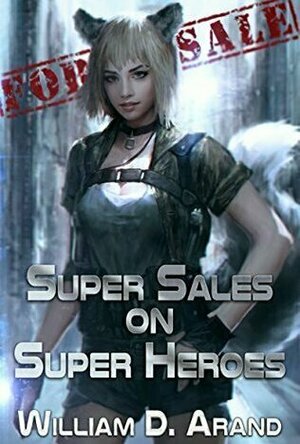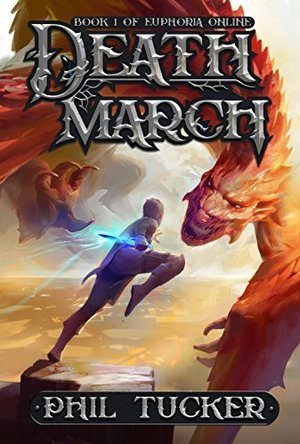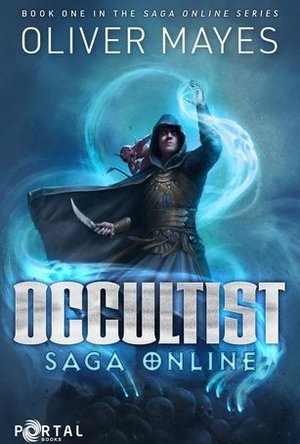Jesters_folly (230 KP) rated Super Sales on Super Heros in Books
Sep 12, 2020
Felix has his own super power, the ability to modify/repair/upgrade anything he owns, the only problem is it takes points for him to do anything and, even though they reset every midnight he never has enough points to anything major. This changes when Felix accidentally buys an almost dead super hero. As slavery is now legal the super hero is now his and Felix is surprised at how many points she gives him. Now Felix sets out to improve his life, but, can he do it with out being noticed. Or making enemy's.
Super Sales on Super Hero's was my first taste of litrpg and soon became one of my favourite books. Felix starts off as quite an understandable underdog and, even as he rises to become an overpowered hero, he find himself in situations where he can't do anything.
Being a 'LitRpg' book there are tables of stats, Felix can change anything or anyone he owns and these changes are represented by the characters stat sheets but these fit well into the narrative so don't pull you out of the story.
There is violence in this book and, although a lot of it is fantasy/superhero style fighting there is also gun battles and fist fights. It also touches on subjects such as slavery and harems.
Super Sales on Super Hero's is the first book of a trilogy and after that the story does continue (kind of) in two more books
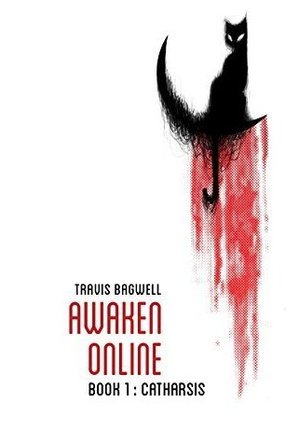
Awaken Online: Catharsis
Book
Are you tired of video games and books where you always hear the hero's tale? Perhaps it's time to...
LitRPG villain video game
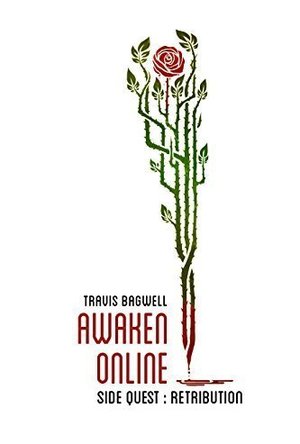
Awaken Online: Retribution (Side Quest)
Book
Riley's real-life took a nosedive after her confrontation with Alex. The girls at school torment her...
LitRPG villain video game

Stratospheric Ozone Damage and Legal Liability: Us Public Policy and Tort Litigation to Protect the Ozone Layer
Book
While government enforcement of laws and regulations to control the production of chloroflurocarbons...
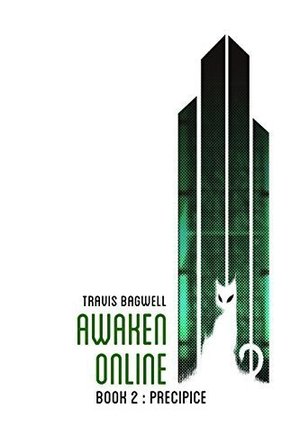
Awaken Online: Precipice
Book
A few days have passed since Jason's confrontation with Alfred and he's debating whether to re-enter...
LitRPG villain video game
Ross (3284 KP) rated Death March (Euphoria Online Book 1) in Books
Nov 19, 2018
While the term "LitRPG" isn't necessarily something that would attract me (I've read and mostly enjoyed Ready Player One but the idea of people escaping the real world to enter an online one doesn't seem to justify a whole sub-genre to my mind).
The book sees Chris struggling to make ends meet teaching disinterested kids while he fights his brother's death sentence. A former compulsive gamer, given the chance to enter the world of Euphoria, normally too expensive for him to consider, he throws himself into the game with gusto. By playing on the hardest level (Death March), he is risking his own life as he cannot re-spawn in the game and death will mean actual death for him. The prize on offer for this risk, if he can survive 6 months game-time (the equivalent of a weekend in the real world), is a cash sum plus the chance to request anything at all of the AI running the government - including a pardon for his brother.
Chris finds himself in a ruined medieval setting in the game, struggling to earn points to level up and make his character stronger. This levelling up and earning/spending XP is a main part of the book. While not a RPG fan myself, I loved this aspect as it meant he learned new skills and abilities throughout the book with good reason (so no sudden new strengths here!) and he had to choose what kind of character he wanted to become.
The action sequences are sublimely written and narrated and the whole book is so immersive. Sadly, it is also really short so was over in no time, but with 2 more books already available I will get cracking on those.
Heartily recommend to anyone who is a fan of fantasy, gaming/RPG or anyone looking for some real escapism.
Ross (3284 KP) rated The Occultist in Books
Feb 12, 2019 (Updated Feb 14, 2019)
The LitRPG genre (the best-known example being Ready Player One) is something of a narrow one. There are only a few levers to pull: the main character's real life scenario, the game mechanics, the main character's chosen "class" in-game and the conflicts therein.
The Occultist looks to mix this up a bit with the main character choosing a less traditional class, of occultist - that is, he learns the ability to summon a variety of demons and spells/abilities to use with them. This would mark The Occultist out from the crowd, if it weren't for Awaken Online already having done almost the exact same. In AO, Jason chooses a dark class and summons zombies, skeletons etc, and a large part of the early stages of this book really bear a very close resemblance to AO. We have the main character's problems at home, leading him to want to escape into the game, and to find a way to make money from his gaming hobby. The chosen in-game path is almost identical. There is an extremely strong, popular player that he wants to compete with.
From early on, I was thinking this book was a rip-off of AO. But the second half of the book is really where the book marks itself apart from AO. Whereas that book's action was focused on large scale strategy in battles, here we are scurrying around in the background picking players off one by one and there are some truly excellent action sequences, where the abilities and spells learned and the demons at Damien's disposal are used to some really creative effects. Damien looks to get some revenge on his nemesis and also to try and "level up" quickly (again, a key component of LitRPG books), and tries to pick off players as they battle other players, or take on perilous dungeons.
A lot of LitRPG books have had a very immersive gaming element, at times it was more like reading a more traditional fantasy book but where the main character was more clear what he was doing and what skills/abilities he was using. Here you are always aware the character is in a game: he "equips" clothes rather than getting dressed, there is no need for eating or sleeping, what can and can't be done, what you get from killing another character etc is so much more in line with games than in other books. This again marked it out from other books, and gave it a very different feel.
Another major selling point of The Occultist is that it doesn't mess around with time dilation (game time running at a much faster rate than real time). I don't see why so many of the other books in this genre feel the need to build this in, as it is then hard to keep it consistent, and doesn't really feel right or necessary at any time.
Also, Damien's real world troubles take more focus than in other books, as he struggles to find somewhere to live and is on the run.
While the book manages to stick to its own rules (what can and can't be done etc), there is one moment where the main character manages to do something he shouldn't be able to do (his spells have a cool down period before they can be used again and at least once this isn't observed), which was slightly frustrating given how hard the author had tried to plan out the action in line with the people involved and their skills and strengths.
My only real gripe with the book is the title of the game/series - Saga Online, which sounds less like an exciting new MMORPG, and more like the web portal for booking a pensioners' cruise!
In summary, not an original idea (but hard to have such a thing in this genre) but a superbly well told, exciting and fun read. I heartily recommend this to anyone who likes fantasy books, games like the Witcher or just anyone looking for some real fun escapism.
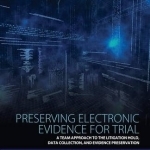
Preserving Electronic Evidence for Trial: A Team Approach to the Litigation Hold, Data Collection, and Evidence Preservation
Ann D. Zeigler and Ernesto F. Rojas
Book
The ability to preserve electronic evidence is critical to presenting a solid case for civil...
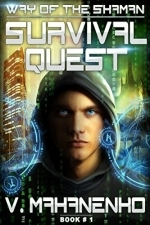
The Way of the Shaman: Book #1 Survival Quest
Book
Barliona. A virtual world jam-packed with monsters, battles - and predictably, players. Millions of...
LITRPG Way of the shaman Mahan

Battle Spire
Book
Jack Kross only wanted to play the game. Now he's fighting for his life. When a mysterious...
